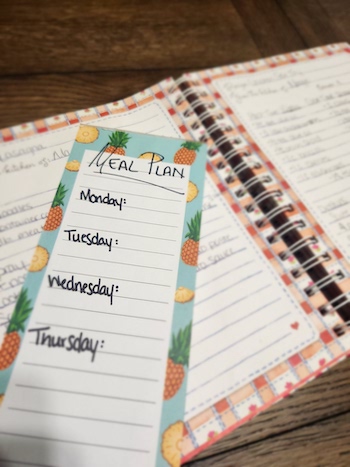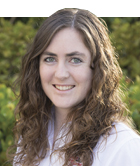
Almost universally as disliked as maintenance schedules is estate planning. My family is currently walking through updating estate documents and discussions surrounding passing down the farm to the next generation. While this is a deeply personal process, I can tell you nothing seems to push my procrastination button more than having to make decisions about a future I’m not ready to be in yet.
So, instead, I will borrow reminders from a recent Virginia Tech Dairy Pipeline article by Virginia Tech Instructor Alex White.
“Don’t put it off for more ‘important’ tasks. Trust me, you’ll sleep much better knowing that you’ve taken actions to protect yourself and your family,” he shared in the September newsletter.
Here are 10 of estate planning pieces of advice from White to get you get started updating or building those important documents.
- Develop an estate planning team.
- Start planning today.
- Set aside time every year to review and revise.
- Start with estate planning templates but consult an attorney that specializes in this.
- Everyone over the age of 18 should have a Power of Attorney and Advance Medical Directive.
- If you have dependents, name their guardians.
- Review the beneficiaries on your insurance policies and retirement accounts.
- Review how your main assets (such as land and house) are titled.
- Let people know that you have these documents and where they are stored.
- Ease your family into estate planning by discussing Power of Attorney and Advance Medical Directives first.
As with most things, one of the most difficult parts is getting started. The next most taxing part is keeping it going. However, we owe it to ourselves and our families to do the work now to establish the best situations we can for our farms and our future generations.

The author is a dairy farmer in Kansas and a former associate editor at Hoard’s Dairyman. Raised on a 150-cow dairy near Valley Center, Kansas, Maggie graduated from Kansas State University with degrees in agricultural communications and animal sciences.








